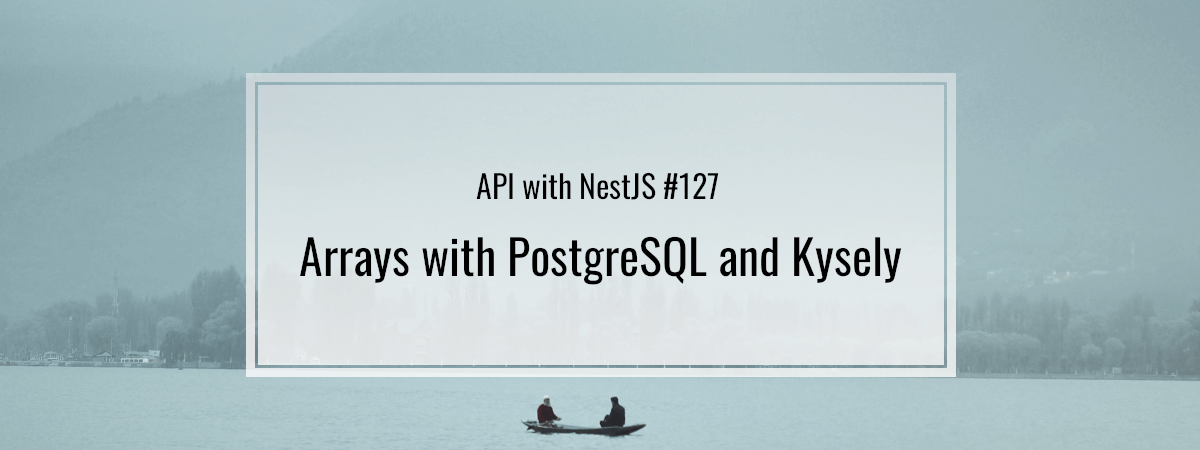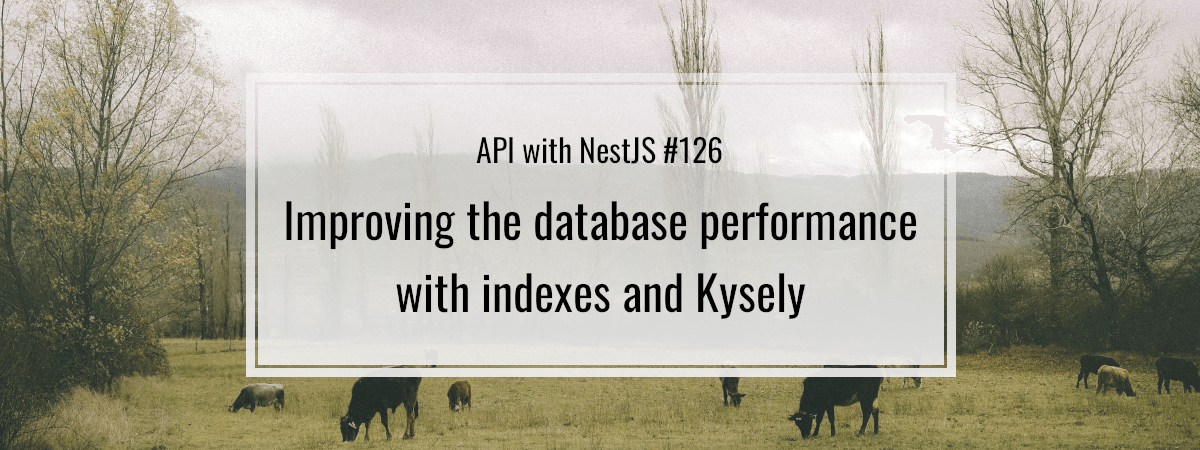API with NestJS #128. Managing JSON data with PostgreSQL and Kysely
PostgreSQL is great for structured data and is known for its reliability in maintaining data organization and consistency. On the other hand, MongoDB stores data in flexible JSON-like documents, making it ideal for data with varying attributes and evolving requirements. Using SQL has a lot of advantages over MongoDB, but we might need some flexibility […]









